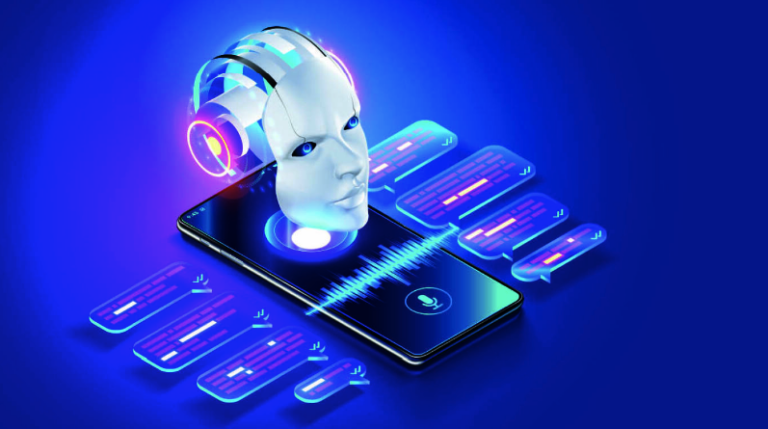Every year, major companies Apple and Google announce major software updates that bring new features to our smartphones. These often include aesthetic refreshes to the home screen, stronger security and privacy protections, and fun messaging apps. This year, however, the changes will be more radical as companies focus on reinventing our phones with artificial intelligence. How?
At its annual software developer conference on Monday, Apple unveiled a number of improvements coming this fall to iOS 18. The new tools include a revamped version of its voice assistant, Siri, and an artificial intelligence system that will generate images, summaries of web articles, and responses to text messages and emails.
The news followed Google’s Android software announcements last month, which described an A.I. system that automatically summarises audio transcripts, detects if a phone conversation is likely a scam and helps students with their homework.
Apple: AI: Improving the user experience with AI
Apple is steadily pushing the boundaries of what AI can do in its ecosystem. With the launch of the A15 Bionic chip, Apple has significantly enhanced the AI capabilities of its devices. The Neural Engine, a critical component of this chip, is designed to speed up machine learning tasks, making features like Face ID, Animoji and various camera functions more efficient and responsive.
One of the most notable AI-based features in Apple’s latest iPhones is also advanced computational photography. The camera system uses AI to perform real-time scene analysis, adjusting exposure, focus and colour balance to produce stunning photos even in challenging conditions. In addition, the introduction of Smart HDR 4 and Deep Fusion technologies harnesses AI to produce more detailed and vivid images.
Google: Pixel: Redefining intelligence with Pixel
Google, known for its skills in artificial intelligence and machine learning, has integrated these technologies deeply into the Pixel smartphones. The latest Pixel devices are equipped with the Tensor chip, a purpose-built processor specifically designed to handle AI and machine learning tasks
The Pixel’s AI capability is most evident in its camera capabilities. Features like Magic Eraser, which allows users to effortlessly remove unwanted elements from photos, and Real Tone, which accurately recreates different skin tones, highlight the power of AI in improving photography. Night Sight and Super Res Zoom further highlight Google’s commitment to using AI to push the boundaries of what’s possible with smartphone cameras.
Google Assistant continues to be a cornerstone of the Pixel’s AI experience. With features like Hold for Me, where the Assistant waits on hold during phone calls, and Call Screen, which helps filter out unwanted calls, Google is using AI to make everyday tasks more manageable and less time-consuming.
The broader impact: AI in everyday use
The integration of AI into smartphones by Apple and Google is not just about adding new features, but also about radically transforming the user experience. AI enhances personalisation, making devices more tailored to users’ individual preferences and habits. From text prediction and intelligent responses in messaging apps to personalised app recommendations, AI is making smartphones more intuitive and user-friendly.
Privacy and security are also significantly enhanced. Both Apple and Google are leveraging on-device AI processing to minimise data transmission to the cloud, thus protecting user information. Features such as on-device speech recognition and image processing ensure that sensitive data remains private and secure.
In addition, accessibility features have seen significant improvements with AI. Voice commands, real-time translation and augmented reality (AR) applications are becoming more accurate and useful, making the technology more inclusive for people with disabilities.
Looking ahead: The future of AI in smartphones
As AI continues to evolve, the potential for future innovations in smartphones is huge. Apple and Google are investing heavily in research and development to explore new frontiers in AI. Augmented reality, advanced health monitoring and more sophisticated personal assistants are just a few areas where AI is expected to make significant strides.
The collaboration between AI hardware and software will become even more seamless, leading to devices that are not only intelligent but also adaptive, learning from user interactions and becoming better over time. This continuous evolution promises a future where smartphones are not just tools but smart companions that improve every aspect of our lives.
Ask me anything
Explore related questions





